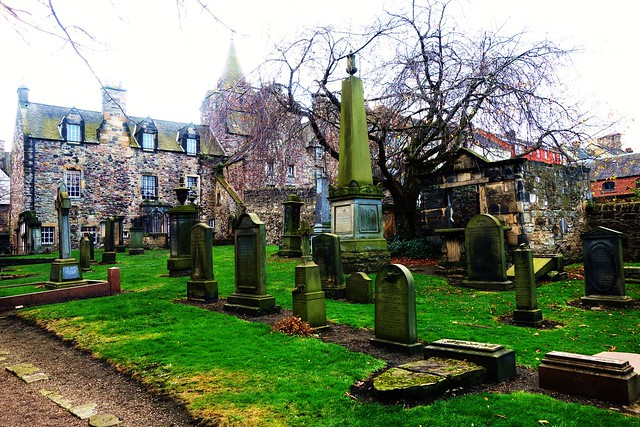
Canongate Kirk Burial Ground, Edinburgh
This evening, I am posting information on Canongate Kirkyard in
Edinburgh,
(Please note the term Canongate has nothing to do with weaponry or entrances. Canon is derived from a term for a church official and gate comes from gait.Canonongate is where the church officials walked in medieval times.)
Canongate is located in the bottom section of the Royal Mile near
Holyrood. Some visitors find time to admire Canongate Kirk (church) but many
would be oblivious of the opportunity to connect with the rich seam of
Scottish history from the 18th and 19th centuries as manifested in
memorials in the Kirk burial ground. Here can be found the burial places
of:
- Leading academics.
- A murder victim.
- A leading poet.
- Novelists and literary people.
- Evidence of early immigration from Europe.
- A proto trade union.
- A surgeon.
More information is provided below using a sample of the memorials.
Adam Smith was probably the leading figure of the Scottish
Enlightenment. Proto- economist who wrote ” An Inquiry into the Nature
and Causes of the Wealth of Nations”.

Adam Smith memorial at Canongate Burial Ground
James Gregory was physician in Scotland to Kings George III and IV.
He was appointed Professor of the Practice of Medicine at Edinburgh
University at age of 23 years. Found guilty of assaulting a fellow
academic.

Gregory Memorial, Canongate Burial Ground
Tradition holds this is the burial-place of
David Riccio ( 1533-66) murdered secretary to
Mary, Queen of Scots.
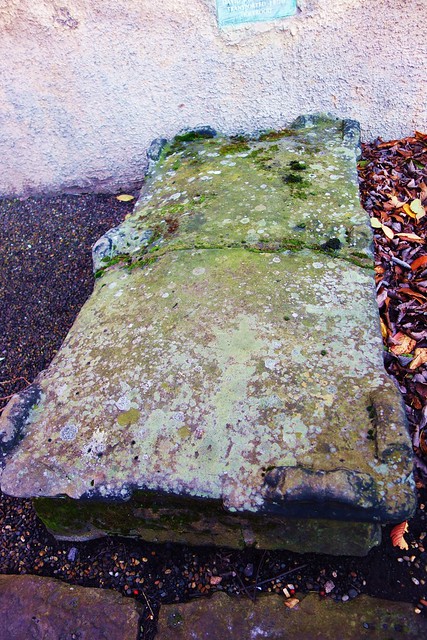
Possible burial place of David Riccio
Alexander Liston rose from a lowly farm labourer through soldiering
in India and in the Napoleonic Wars to become a respected citizen and
Church Elder.
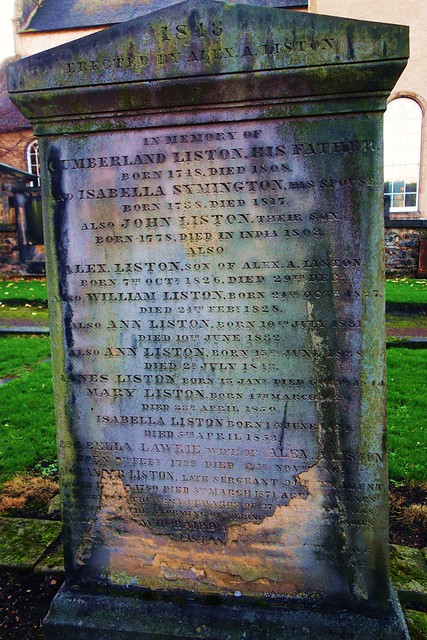
Liston Memorial at Canongate Kirk
Agnes Craig became Mrs Agnes McElhose aka “Clarinda'” memorial. Agnes
separated from her husband, moved to Edinburgh and immersed herself in
literature and poetry. She developed an (apparently platonic)
relationship with Robert Burns. The code name “Clarinda” was used in
correspondence with Burns.
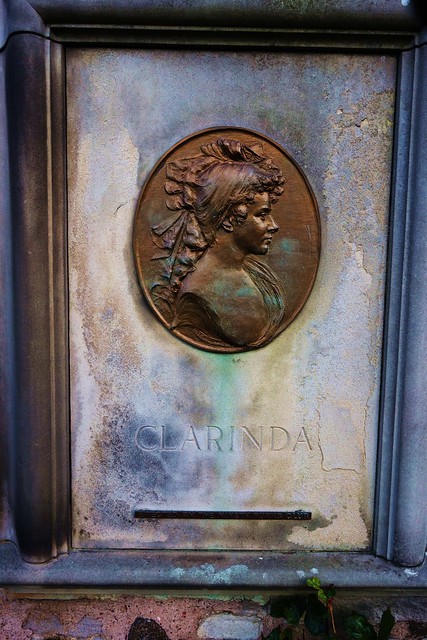
Clarinda Memorial, Canongate Burial Ground
Section of cemetery reserved for soldiers from Edinburgh Castle, at one time a major garrison.

Memorial to soldiers from garrison at Edinburgh Castle
Dugald Stewart was a thinker of the Scottish Enlightenment. He was
Professor of Mathematics at University of Edinburgh and then held Chair
of Moral Philosophy for over 30 years.

Dugald Stewart Mausoleum, Canongate
Alexander Brunton was son of a Peebles (Scottish Borders) shoemaker and rose to become a
Church Minister and Professor in Edinburgh. Mary Balfour came from
Orkney and was a pioneering novelist, unfortunately dying in
childbirth.
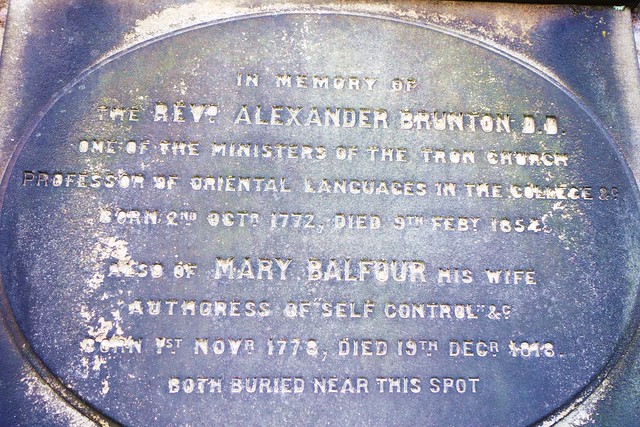
Brunton and Balfour Memorial, Canongate
Plot of land reserved for
stagecoach drivers, who operated the Edinburgh to London route.

Coach Drivers Memorial, Canongate Kirkyard
Robert Fergusson was a promising young poet who died 1774 after a fall, age 24 years. His work was admired by Robert Burns.
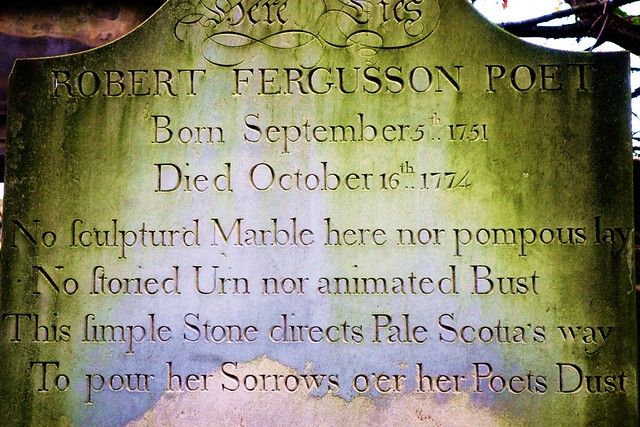
Robert Fergusson Memorial, Canongate Kirkyard
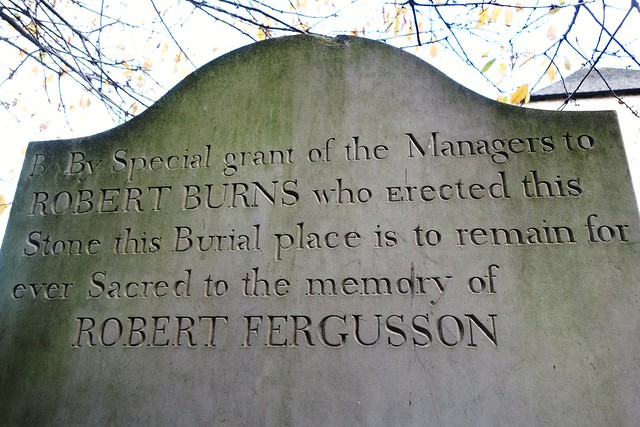
Robert Burns memorial to Robert Fergusson
Anthony Lazzaroni was Italian born and migrated to Edinburgh around 1840. He made religious statues.
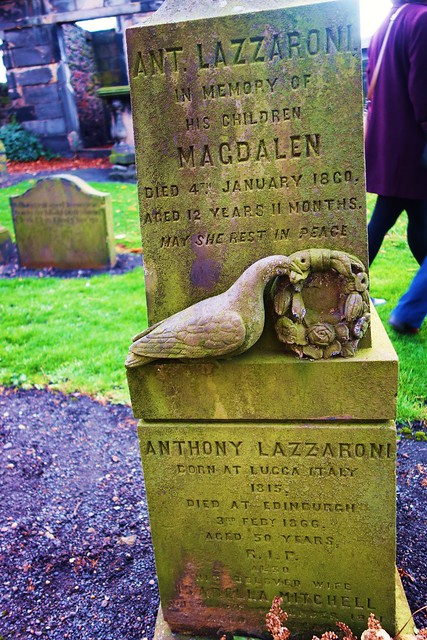
Lazzaroni Memorial, Canongate Kirk
Lewis Joseph Butti was Italian born and arrived in Edinburgh around 1840. He was a carver and gilder.
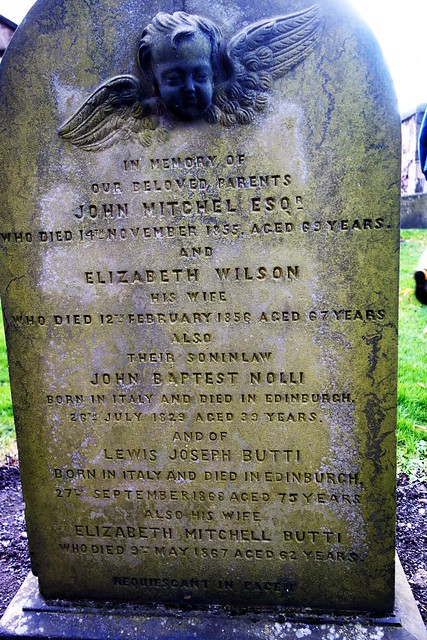
Butti Memorial, Canongate
David Mitchelson was a Perthshire (central Scotland|) born Glasite, a Christian sect
known as Sandemanians in America. He emigrated to America in 1770,
became a printer in Boston and then moved to New York, returning to
Edinburgh by 1800.
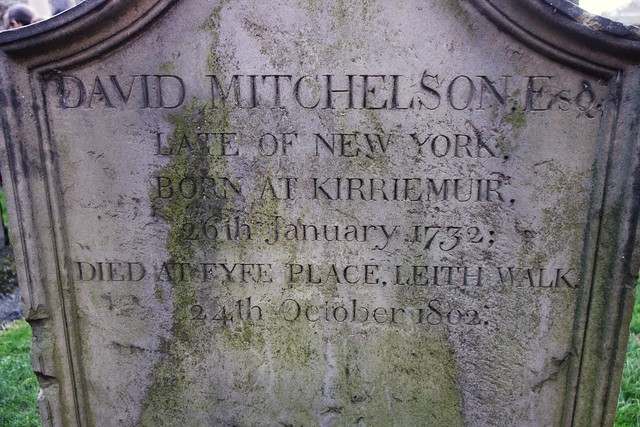
David Mitchelson Memorial















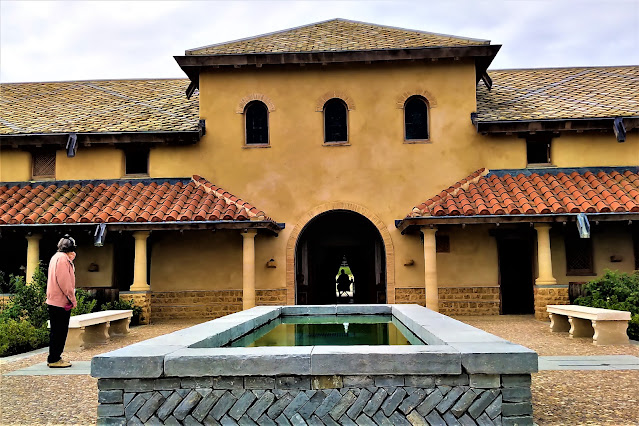
Comments
Post a Comment